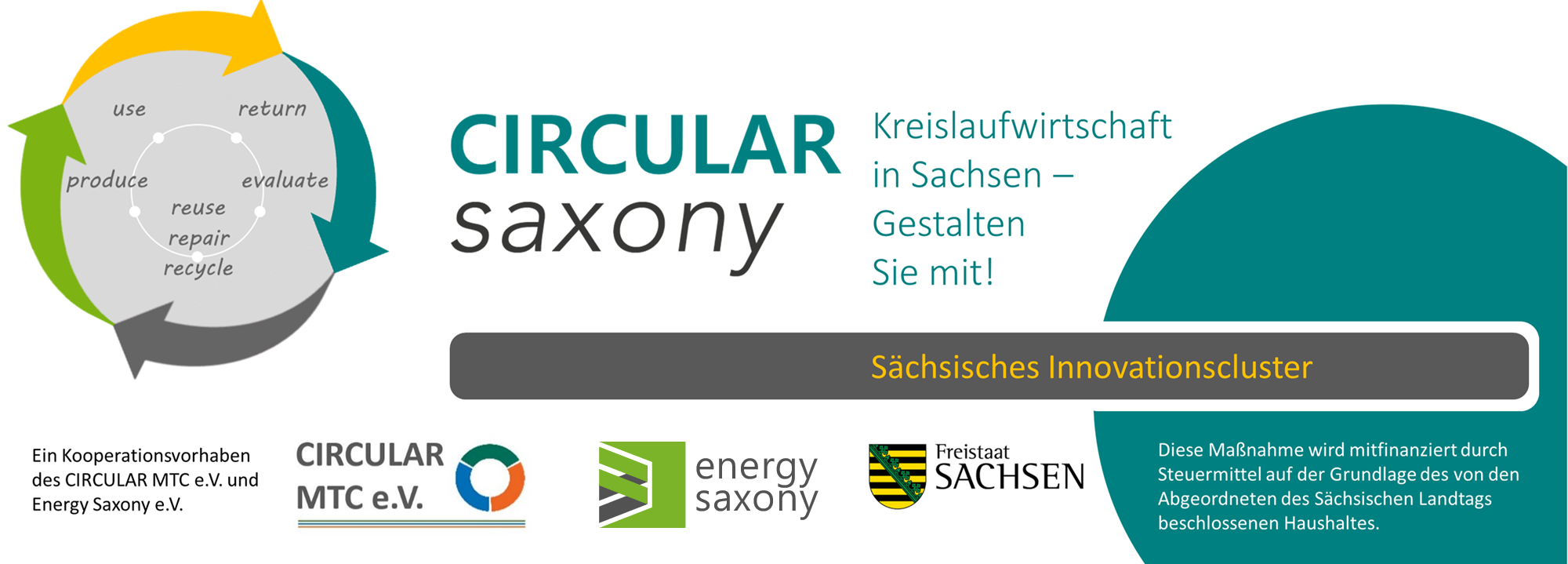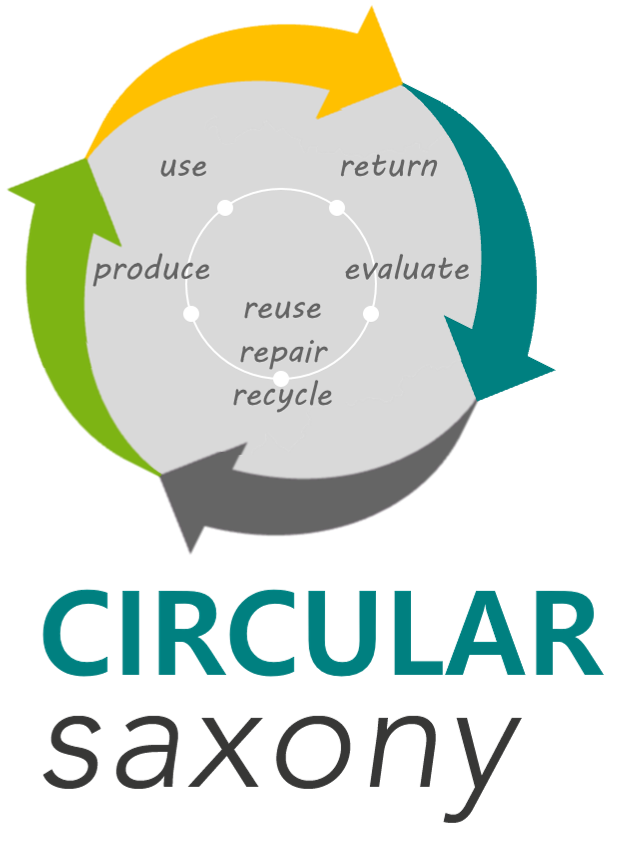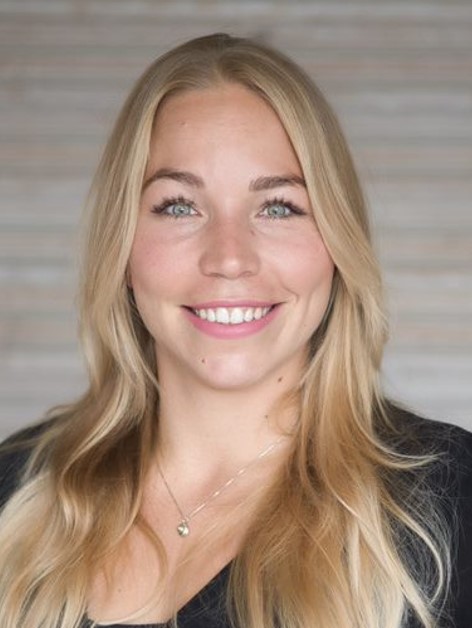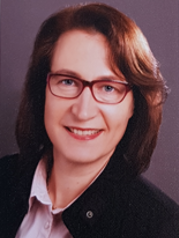One of the central demands of the ENERGY SAXONY network is the clear anchoring of the sustainability aspect in all energy topics under consideration. The concept of a circular economy is more relevant than ever: It increasingly focuses on a biobased economy, i.e. an economy based on renewable resources (circular bioeconomy), as well as on the sustainable conservation of valuable materials (resource-efficient recycling). Energy and material flows must be intelligently designed and linked under the paradigms of the energy transition and the green economy. The potential contained in residual materials or by-products offers great opportunities to develop better value chains and to reshape regional economies sustainably and independently. Examples would include
The optimal use of biogenic residual and waste materials, e.g. from food production or agriculture,
their conversion into reusable solid or liquid carbon fractions as feedstock for new products,
the provision of process energy and energy carriers as a co-product from by-product streams.
or the recovery of nutrients, such as phosphorus recycling from sewage sludge.

In order to establish a circular economy in Saxony, the two associations Energy Saxony e.V. and Circular MTC e.V. have initiated the innovation cluster CIRCULAR SAXONY, which is funded by the Free State of Saxony. The objective is the sustainable design of production and recycling cycles in order to counter the resource problem and to reduce the transformation costs towards climate neutrality. Together with actors from industry, science and politics, the circular economy is to be transferred from rhetoric to practice within the framework of topic-specific working groups.
The working groups on the topic of circular economy strive for the best possible utilization of by-products, residual materials and waste. The focus is on exchange, networking and cooperation among the players. Intelligent and value-adding processes and services are to be developed and implemented. Participants gain partners and competencies and familiarize themselves with a wide range of "good examples".
Within the framework of moderated workshops and events:
Cooperation partners along the value chain identified (from the owner of material and waste streams, recyclers and solution providers) and networked;
Forces the purposeful development and maturation of new ideas (e.g. with methods of design thinking, etc.);
Result-oriented, clear implementation concepts created to lead to demonstration or pilot projects and functioning business models;
Appropriate funding concepts considered from the outset, thus accelerating implementation.
All stakeholders from the manufacturing, disposal or service industries as well as research are invited to actively use the working groups on the topic of circular economy for their own objectives.
Please register in our mailing list. We will inform you promptly about the dates of the next working group meetings. We look forward to your registration under:
Biomass
for a circular bioeconomy
Water:
Sustainable circular use of minicipal and industrial wastewater
Circular construction:
Circular economy in the construction sector
Raw materials for the energy transition:
Recycling of assets from the energy industry
Reuse and remanufacturing of automotive, aerospace and wind energy components incl. design for reuse, repair and recycling
Plastic components and fiber-plastic composite structures in the circular economy
Recycling of textiles
Battery reuse, repair and recycling
Sustainable medical technology: circular economy in hospitals and medical practices
Circular economy of smart structures
Business models for circular economy
Automatation, digitization and data management in the Circular Economy

The working groups on the topic of circular economy
are organized since 01.07.2022 via the
Innovation Cluster
CIRCULAR SAXONY.

Anne Geißler
Plauenscher Ring 29
01187 Dresden
+49 179 5466104
E-Mail senden

Susanne Kroll
Nöthnitzer Straße 44
01187 Dresden
+49 351 4772-2061
E-Mail senden